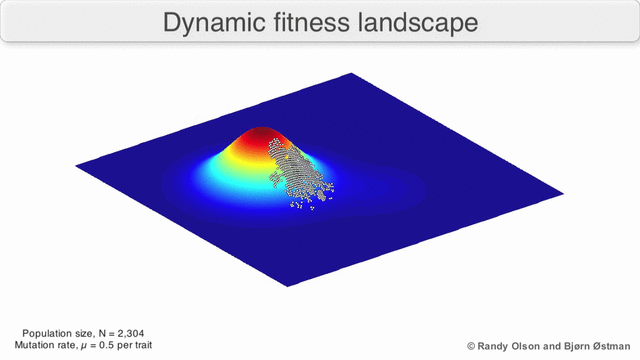"Quantas empresas vão secar e morrer no decorrer desta crise? A líder mundial dos seguros de crédito, a francesa Coface, estudou o assunto e tem uma resposta. Assustadora, por sinal. Em França, 21% das empresas não resistirão; em Espanha, 22%; na Holanda, 36%; na Inglaterra e na Itália, 37%. Só a Alemanha fica um pouco melhor na fotografia. Poderá perder apenas 12% do atual tecido empresarial. A concretizar-se este cenário, a árvore capitalista sofrerá uma grande limpeza.BTW, lembram-se dos zombies pré-pandemia? Lembram-se de "Deixem as empresas morrer!"
O estudo, que eu saiba, não inclui Portugal. Admitindo, no entanto, que o nosso país poderá estar entre o mínimo, 12%, e o máximo, 37%, isso significa que desaparecerão entre 156 mil e 481 mil de um total de pouco mais de 1,3 milhões de empresas.
Cenário possível tendo em conta os mais recentes alertas de algumas associações empresariais. Em 2018, o conjunto das micro, pequenas e médias empresas representava 99,9% do universo. E é aqui que se incluem os sectores mais vulneráveis e de maior risco: pequeno comércio, restauração, hotelaria e alguns tipos de serviços.
Quase 100 mil empresas, envolvendo cerca de 850 mil trabalhadores, ainda estavam em lay-off no final de julho. Muitas nem sequer aderiram. Outras nem reabriram. Isto confirma que estamos em vésperas de uma extensa regeneração empresarial e de um gravíssimo problema social."
Trecho retirado de "Os “ramos secos” da pandemia" publicado no semanário Expresso do passado dia 8 de Agosto de 2020.

























